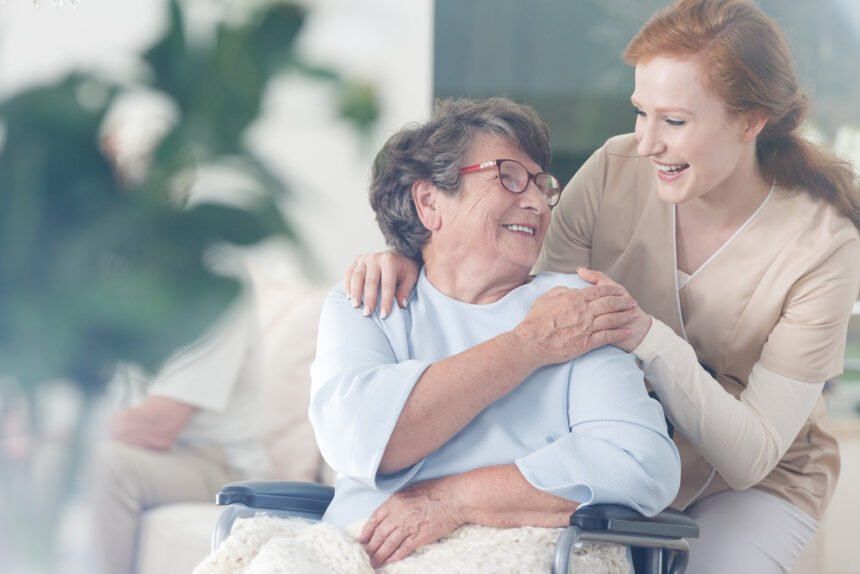People are living longer than ever, but the current options for caring for elderly people with chronic illnesses or those who have trouble with everyday tasks are limited. Many families either send their relatives to assisted care facilities or nursing homes, hire outside help, or take on the daily care themselves. These options are often extremely expensive and compromise the quality of life for both the caregiver and the senior.
Most people want to maintain their independence as long as possible. They don’t want their children or grandchildren to put their lives on pause to help them. They want to continue living their own lives, enjoying privacy and autonomy. That’s where artificial intelligence (AI) can help.
Ageism Awareness Has Become a Priority
The demographics of the United States are changing and the number of elderly people in the country is growing. By 2034, it’s estimated that the number of people over the age of 65 will surpass the number of children under the age of 18. And yet, ageism is still a problem that emerges in a range of settings, such as healthcare and employment.
Ageism awareness is important for ensuring that people get the best care possible. Discrimination is unacceptable and is leading to many elderly people being denied healthcare, personal choice, and opportunities. Ageism can even lead to people being sent to nursing homes and other facilities against their will.
So, how can AI help to reduce this problem? How can we ensure that senior Americans are given every chance to live out their lives in happiness and comfort? Here are a few ways.
Patients Can Now Be More Effectively Monitored At Home
In the past, monitoring someone with a chronic illness or serious health problem meant that another person would need to physically be near them in case something went wrong. Many people who could take care of their daily needs, but required regular medical monitoring, would need extra help at home or would have to be sent to a facility.
Obviously, this scenario is devastating for people who value their independence. It’s also very expensive to have in-home monitoring. The good news is that new AI tools allow for remote monitoring in many cases. This allows patients to continue living alone while giving family members peace of mind.
Instead of in-person monitoring, remote monitoring involves the use of sensors to track the patient’s vitals and other information, reporting that data in real-time to the patient’s medical team. If a problem is detected, the patient’s doctors will be notified immediately and medical assistance can be dispatched if necessary. Remote monitoring can also help remind seniors to take their medications, perform self-checks, and keep up with other health maintenance tasks.
Robot Assistants Are Letting Nurses Focus on the Patient
People who are receiving inpatient care in the hospital are often scared, stressed, bored, and lonely. Nurses, who are there to provide care, comfort, and monitoring, are also stressed out and overwhelmed. They have so many different duties that they often don’t have time to focus on what matters most: patient care.
Robot assistants in healthcare, which are powered by artificial intelligence, are versatile machines that can perform a range of tasks from taking patients’ vitals to sterilizing equipment. The biggest advantage of robotic nurses is that they take on the responsibility of the most routine and tedious tasks, freeing up nurses to concentrate on their patients.
Elderly patients in the hospital need to see a friendly face. By letting robots take over the boring, dirty, and routine jobs, nurses can spend quality time with patients and give them the care they deserve.
Keeping Patients and Family Members Informed & Engaged
Providing quality elder care often involves keeping family members informed and engaged. Even if they will not be providing direct care, it’s important to have family members ready and willing to advocate and to provide social interaction to prevent loneliness.
So how is AI helping with this piece of the puzzle? Basically, by keeping families connected, even at a distance, with AI-based digital platforms. Family members can get updates and information from their loved one’s care staff and ask questions about their loved one’s health. This offers peace of mind, improved oversight, and a way to keep loved ones involved.
Elder care is an important topic for every family. Now that we have the technology to help people live longer, we have to develop tools that help us make the most of those later years. AI offers us many ways to accomplish the goal of better care for our seniors.

